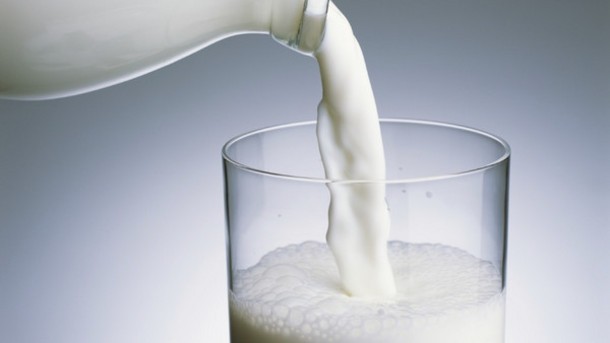Dairy alternatives market to reach $19.5bn by 2020

The global dairy alternative market is expected to increase at a rate of 15.5% each year until 2020 when it will hit $19.5bn, according to a report from MarketsandMarkets. In addition, the report says global consumption of dairy alternatives is projected to grow 15.2% per year over the next five years.
Dairy alternatives are defined as food and beverages that do not contain lactose and have health benefits, especially for those who are lactose-intolerant. With the rise of consumers going vegan or vegetarian, following health trends and suffering from food allergies, there is far more of a market for products like rice milk, soy milk and almond milk, the report said.
Biggest growth expected in Asia-Pacific
The Asia-Pacific region “dominated” the dairy alternatives market in 2014, according to the report, followed closely by North America. However, the Asia-Pacific region is poised to nearly triple in size over the next five years.
“The Asia-Pacific market is projected to grow at the highest CAGR [compound annual growth rate] with rapid growth in the dairy alternatives market in the developing countries such as China and South East Asia,” the report said. “The growing health awareness, rising preference for vegan diet, and rising cases of lactose intolerance and milk allergy in this region are also driving the market.”
Plain is popular
Even with many sweetened dairy alternatives on the market, the “plain, unsweetened” segment saw the highest market share at 27% in 2014. Weight, lifestyle and diabetes concerns are likely at the heart of this, according to MarketsandMarkets.
But dairy alternative manufacturers are still pushing forward with new flavors and fortified products, including those with calcium and vitamin D, to improve nutrition value and help increase sales.
Many in the industry are excited about the growth, with WhiteWave Foods CEO Gregg Engles, telling FoodNavigator-USA that the industry is seeing “a natural evolution of these businesses as these categories get large and as household penetration builds towards maybe it’s more natural level”.
To sustain the growth, Engles said companies will have to reframe categories and create innovative products. The MarketsandMarkets report said manufacturers are seeing success by trying not only new flavors, but new types of packaging.








